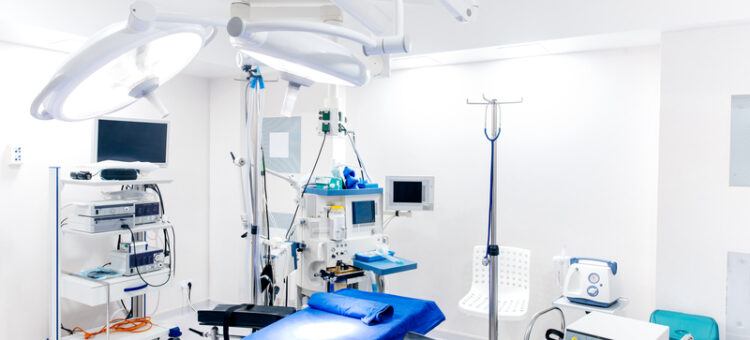It can be easy to think of surgery as two steps: Before and After! Bodies, however, just don’t work that way, and there are several steps to remember that will occur after your surgery. Keeping them in mind can ease your frustration as you recover, as well. What are some things to remember after you’ve had a surgery (and to prepare for in advance)?
Recovery Takes Time
It can be easy to underestimate how much time you need to begin your recovery. Especially after you are sent home from the hospital, you might initially be feeling much better, and it can be easy to overdo it! Whether your hospitalization was for a tonsillectomy, or for a heart valve replacement, following your doctor’s instructions on a healthy timeline is important. Doing too much too quickly can prevent your recovery from progressing.
Your Post-Op Routine is Important
The medication you are given can reduce surgery side effects and improve your recovery time, but only if you take it. If you are initially feeling fine when you arrive home, it can be easy to miss a scheduled dose of a pain medication. When this happens, your body will recoil and your pain can increase a great deal more, and it’s harder to decrease it later. Using timers is very helpful to make sure you stay on schedule, and there are phone apps which can keep your medication schedules as well. Don’t fall behind, even if you think you’re “fine at the moment.”
Move a Little If you Can
While exercising or going back to work can cause issues, lying down too much can, too. Try to get a little time walking around, if your doctor requests it, daily. This can prevent getting blood clots, or having your muscles atrophy. This helps you get stronger later on. Listen to your body, and rest when you need to do so. Do not press yourself into an exercise routine too early!
Whatever surgery you have had, making sure you’ve taken your medication as prescribed, and doing what your physician has requested will make a big impact on how quickly you can recover. Most of all, listen to your body. If you see any signs of infection or have new, or greater pain than prior, make sure to talk to your doctor! Your pain should be decreasing, not increasing. Be safe and pay attention to your body!
Read this next: 3 Management Tips to Stay on Top of Your Medications

